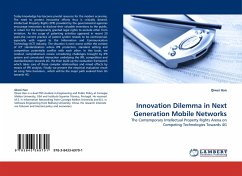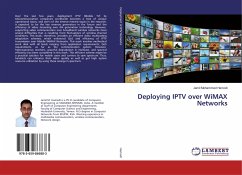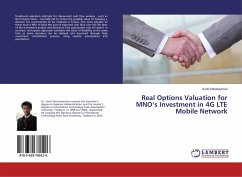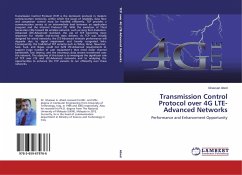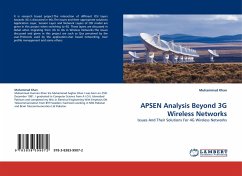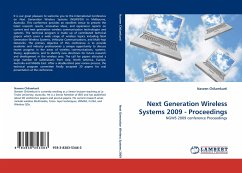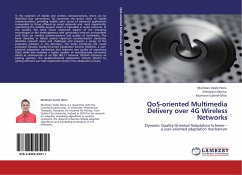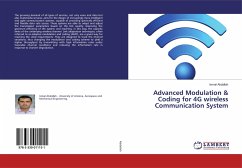Today knowledge has become pivotal resource for the modern economy. The need to protect innovative efforts thus is critically desired. Intellectual Property Rights (IPR) provided by the governmental agencies encourage innovators to disclose their valuable inventions to the public, in return for the temporarily granted legal rights to exclude other from imitation. As the surge of patenting activities appeared in recent 20 years,the current practice of patent system reveals to be controversial, especially with regard to the Information and Communication Technology (ICT) industry. The situation is even worse within the context of ICT standardization where IPR protection, standard setting and competition potentially conflict with each other. In this book, we conduct comprehensive review considering challenges brought by IPR system and convoluted interaction underlying the IPR, competition and standardization towards 4G. We then build up the evaluation framework which takes care of these complex relationships and mixed effects by means of IPR analysis. Finally we present the empirical evaluation result on Long Time Evolution , which will be the major path evolved from 3G towards 4G.
Bitte wählen Sie Ihr Anliegen aus.
Rechnungen
Retourenschein anfordern
Bestellstatus
Storno

